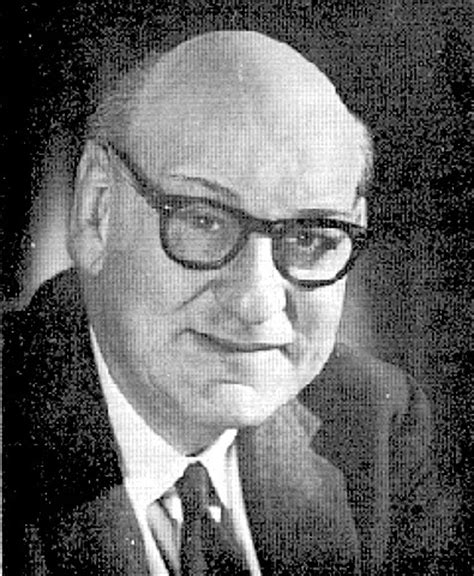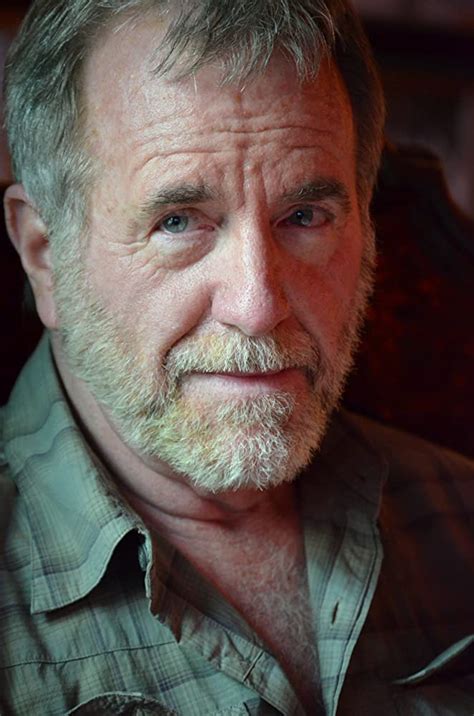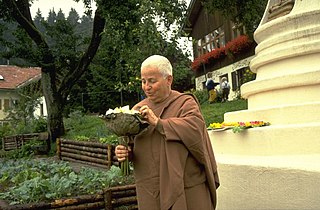A Quote by Jack Kornfield
There are several different kinds of painful feelings that we might experience, and learning to distinguish and relate to these feelings of discomfort or pain is an important part of meditation practice, because it is one of the very first things that we open to as our practice develops.
Quote Topics
Related Quotes
Feelings come and feelings go. There is no need to fear them and no need to crave them. Be open to your feelings and experience them while they are here. Then be open to the feelings that will come next. Your feelings are a part of your experience. Yet no mere feeling, however intense it may seem, is your permanent reality.
There are so many kinds of different feelings - not good feelings - going on in the room, and he comes in with so much compassion. He's a straight talker and pulls them into what feels like a really positive action-struggle kind of feeling. Without seeing that, you might have all kinds of judgments or feelings about what might go on in a place like that. But it felt akin to a spiritual healing more than I could have possibly anticipated.
When you refrain from habitual thoughts and behavior, the uncomfortable feelings will still be there. They don’t magically disappear. Over the years, I’ve come to call resting with the discomfort “the detox period,” because when you don’t act on your habitual patterns, it’s like giving up an addiction. You’re left with the feelings you were trying to escape. The practice is to make a wholehearted relationship with that
If we are at war with our parents, our family, our society, or our church, there is probably a war going on inside us also, so the most basic work for peace is to return to ourselves and create harmony among the elements within us - our feelings, our perceptions, and our mental states. That is why the practice of meditation, looking deeply, is so important.
One of the things I talk a lot about in my work that I try to practice - which is really hard - is in those moments where we're being asked to do things or asked to take over or asked to take care of something, we have to have the courage to choose discomfort over resentment. And to me, a huge part of my authenticity practice has been choosing discomfort and saying no.
Acting for me is liberating. It's almost like therapy, because I grew up in a blue-collar environment where you're not supposed to have feelings. So it's freeing to be in a safe place like a TV or film set where you discover feelings, and where you're supposed to be open and honest with everybody while exposing the weakest parts of you. And then when people congratulate you on revealing the weakest part of who you are, then you start realizing that that might not be weakness. It might be a different kind of strength.
It was hard to become an astronaut. Not anywhere near as much physical training as people imagine, but a lot of mental training, a lot of learning. You have to learn everything there is to know about the Space Shuttle and everything you are going to be doing, and everything you need to know if something goes wrong, and then once you have learned it all, you have to practice, practice, practice, practice, practice, practice, practice until everything is second nature, so it's a very, very difficult training, and it takes years.
In my opinion, everybody has the same soul from God and we are united by that. Outside, our bodies are different, our faces are different, but inside we are all the same, we share the same feelings of sadness, love, pain My music comes out of these feelings. Whether it is Japanese music, African, Qawalli, or any other form of music, if it touches your heart it becomes important for me.
Once you have a handle on loving yourself, you can practice sharing that love with others. You’ve probably been taught to reserve the language of love for when you’re feeling overwhelmingly tender and passionate, and only for those who have made huge commitments to you. We recommend instead learning to recognize and acknowledge all the sweet feelings that make life worthwhile even when they don’t knock you over—and, moreover, learning to communicate those feelings to the people who inspire them.
Meditation is to be aware of what is going on - in our bodies, in our feelings, in our minds, and in the world. Each day...children die of hunger.... Yet the sunrise is beautiful, and the rose that bloomed this morning along the wall is a miracle. Life is both dreadful and wonderful. To practice meditation is to be in touch with both aspects. Please do not think we must be solemn in order to meditate. In fact, to meditate well, we have to smile a lot.



































